Blockchain technology may have initially been a tool for the finance sector, but other industries have been putting the technology to good use as well. The real estate market uses blockchain to make large and confusing transactions more transparent, and the healthcare industry employs it to share data across disparate networks without sacrificing patient confidentiality. Now, some visionaries are starting to see the potential of the technology when it comes to revolutionizing social media.
Given that the blockchain enforces transparency and heightened security, two qualities that have been lacking in social media, it makes sense that people would gravitate towards the technology in the social space. Let’s learn more about recent updates since the nature of blockchain as a ledger that is incorruptible, enforces transparency, and bypasses censorship is perfectly suited for an audience hungry for the credibility and accountability missing from social media in today’s fake news climate, as well as a desire to own their own data, or, at the very least, keep the big name players from owning it.
Facebook and Twitter Express Interest in Decentralized Technology
Facebook CEO Mark Zuckerberg made clear in his January 2018 “state of the union” post that Facebook would begin to explore blockchain technology. Citing the first four words of the Facebook motto, “give power to the people.” Zuckerberg explained that the plan to explore blockchain stemmed from being “interested to go deeper and study the positive and negative aspects of these technologies, and how best to use them in our services.”
Meanwhile, Twitter CEO Jack Dorsey has repeatedly advocated for both crypto and blockchain technology. Earlier this year, he predicted that Bitcoin would become the single currency of the internet in the near future, and separately testified before a Congressional committee and said that distributed ledgers could be used to stop scams and misinformation. “We haven’t gone as deep as we’d like just yet in understanding how we may apply this technology to the problems we’re facing at Twitter, but we do have people within the company thinking about it today,” Dorsey said.
The New Social Space
While the giants slowly turn their attention to blockchain technology applications in their platforms, smaller startups blaze ahead. Innovative founders and users alike are discovering the ways in which transparent and decentralized social media are disrupting the idea of what social networking can be – and who stands to profit.
Here are just a few examples of sites making use of blockchain technology to connect users and information.
Sapien
On the surface, Sapien Network sounds like a traditional social media platform: the site specializes in sharing news and other items much in the same way that Facebook and Google does, though CEO Ankit Bhatia stated at a 2017 conference that they want to reinvent social from the ground up.
Their mission, according to a recent Medium post, is “to champion users and truth, not financial gain, as the core of its social network.”
Since Blockchain tech is democratic and transparent, the post says, it allows Sapiens to reward “millions of content creators and curators without any centralized intermediaries.”
Built on the Ethereum blockchain, the platform rewards users who create quality content with SPN tokens, which can be used in the marketplace. It also allows user to both retain control of their own data as well as monetize their own posts, unlike the large platforms we’re familiar with today.
Sola
With 700,000 users and counting, Sola also operates on the concept of tokens. Governed by a combination of users and AI, Sola, according to the website, “spreads information like a viral disease to the most interested users, applying AI algorithms combined with users reactions. Quality content can easily reach the whole Sola user base. Users post news, stories and entertainment cards, Sola takes care of the rest.”
What Sola does is convert social engagement, like comments, likes, and shares, into tokens called SOL that can be used both internally and externally to the Sola platform, allowing users at any level of fame to profit from creating quality content.
Indorse
On social platforms like LinkedIn, any user can make a claim about their own skill set or the skills of others. On Indorse, the currency here is social currency, and the site uses AI, among other tools, to make sure you’ve got the goods.
Users on Indorse are verified and rewarded for verifiably “indorsing” the skills of others. According to David Moskowitz, co-founder and CEO at Indorse, “If someone is an expert in NodeJS, they put up a claim and attach proof such as their GitHub repos. Other members in the same domain on Indorse verify it. Based on the consensus, the claim is either ‘indorsed’ or flagged.” Once again, the currency here is a token, this time called IND, which can be used on the site to purchase advertising and other services.
Blockchain social media is still in its infancy. However, as the demand for accountability from social media giants grows, alongside the desire to keep personal data out of the hands of unnecessary middlemen, the window of opportunity for transparent, blockchain-based social media widens. It remains to be seen whether or not any of these new social spaces will be able to connect as broadly among users as the established giants – and, if so, whether or not they’ll be able to avoid the same pitfalls.
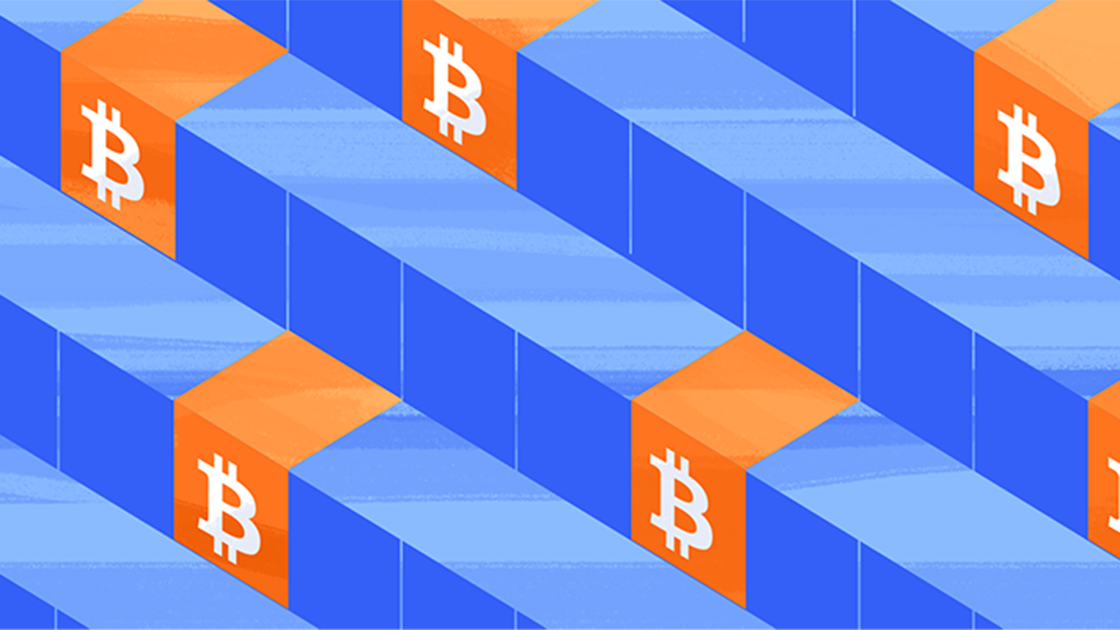

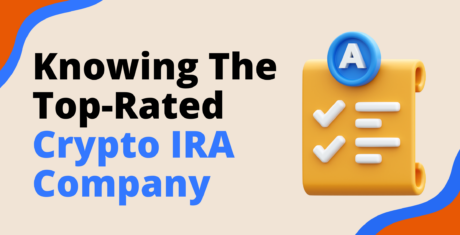
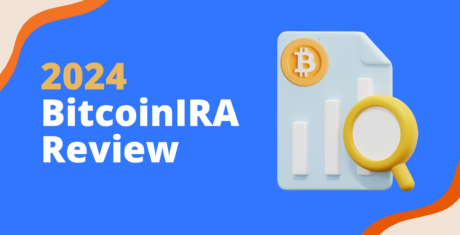
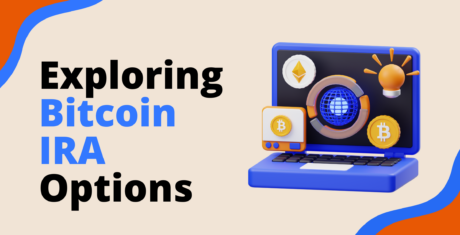
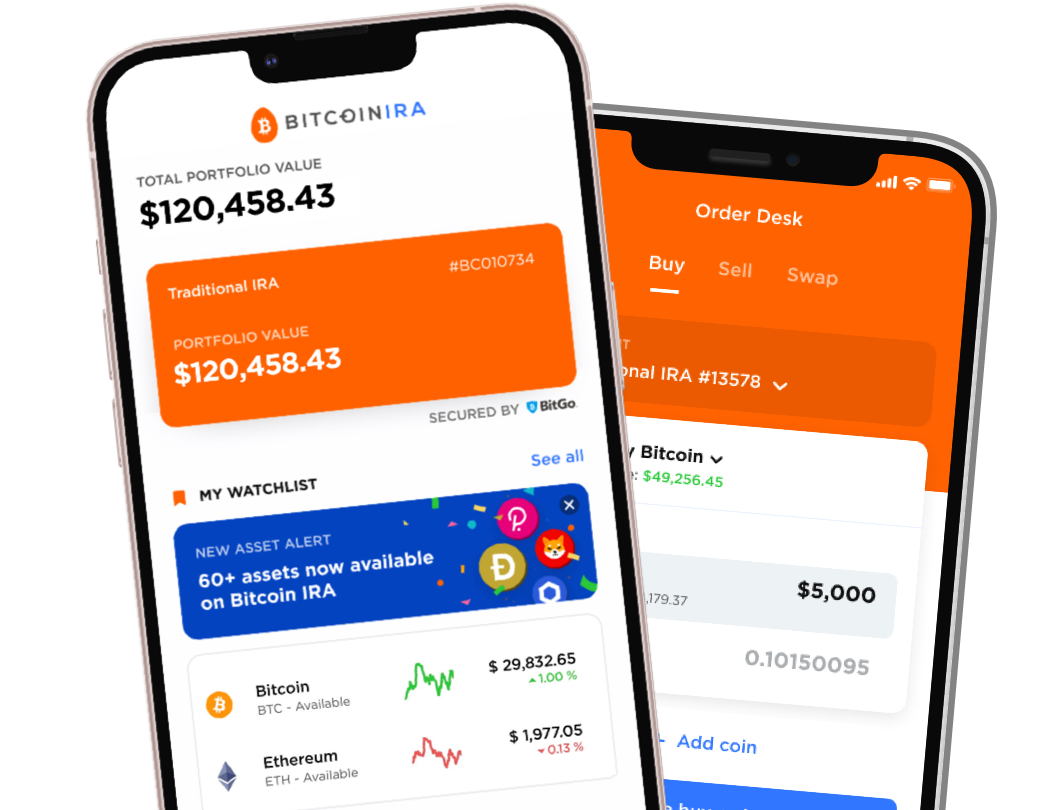

 3,500+ 5-Star Reviews
3,500+ 5-Star Reviews